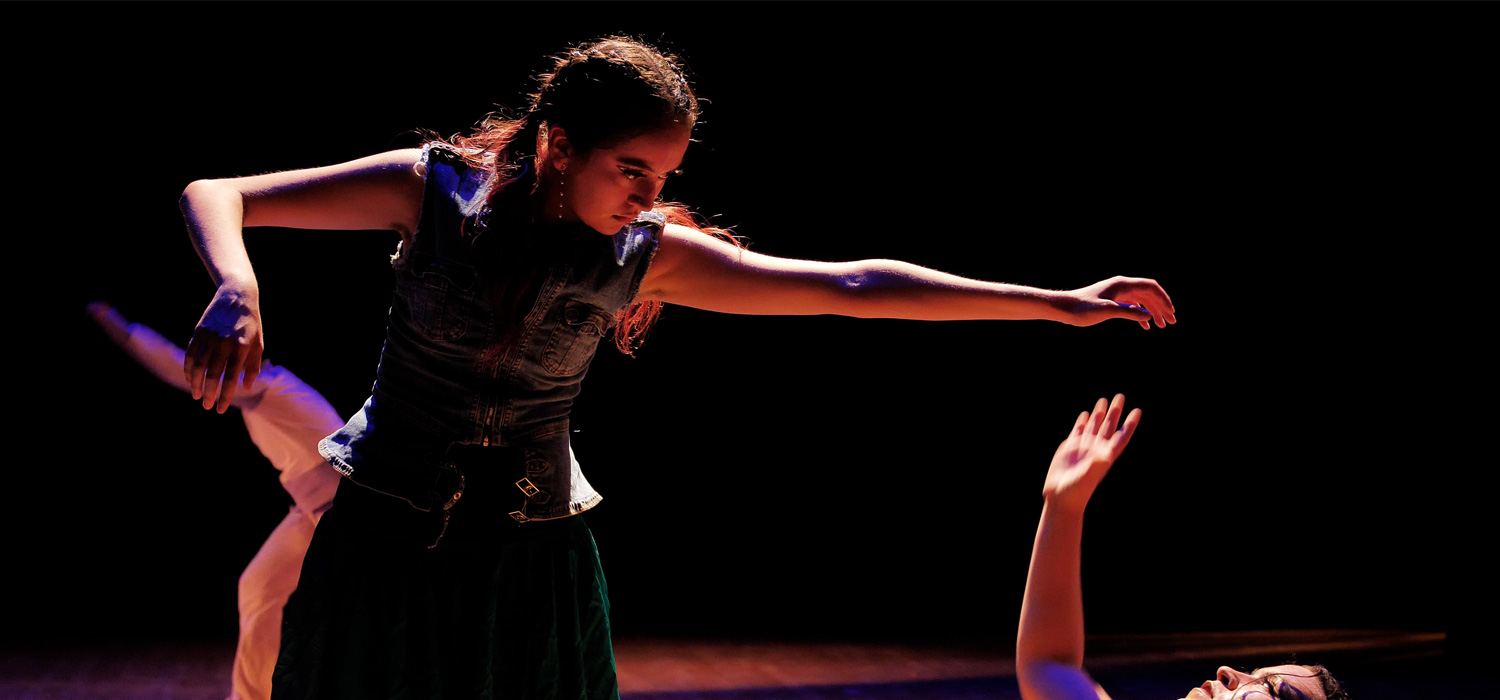Music Education
About the Program
The School of Music and Dance undergraduate Music Education teacher-training program has been recognized as a California State model curriculum for its innovative design, successful placement of new teachers, and currency in meeting both State and National Content Standards in Music.
100% of our graduates who have completed their degree and credential requirements have been placed in jobs throughout Southern California and beyond.
Students are given a comprehensive approach to the teaching of music through their experiences in the following: theory; aural skills; technology; composition; arranging; conducting; analysis; literature; history; Western and non-Western musical traditions; choral, instrumental and general music methods; Music Education Practicum and on-site lab teaching; and active participation in small and large performance groups.
Music Education students are mentored by over 35 K-12 practicing music educators who voluntarily work with SDSU faculty to insure the currency of the School’s pre-professional training. These master teachers host a variety of student lab teaching experiences on-site in classrooms throughout our county and serve as guest lectures in SDSU Practicum classes.
An audition is required for admission to the BM, Music Education degree program.
The SDSU music education program offers $4500 fellowships to select majors who are selected to assist 8-10 hours per week in area music classrooms. From 2008-2013 The California Music Project supported over 20 music education majors as CMP fellows. We are pleased to continue this model, as it has (1) proven to dramatically increase the confidence, skills and preparation of pre-service music educators and (2) supports area schools with additional trained educators who bring new insights into the classroom.
The Master’s of Music Education Degree (MM) at SDSU will be continuing education for K-12 music educators as well as a research based graduate degree for those wishing to pursue doctoral work. Public school music educators can increase pay scales and status based upon continuing education credits or advanced degrees, such as a Master’s degree. This program will support the K-12 population by offering graduate courses through summer and evening coursework, so the average K-12 teacher can complete a master’s degree while continuing to teach in their K-12 setting.
Additional Resources
- Applied Musicianship
Students will develop advanced professional competency in applied musicianship through written music theory, musical analysis, conducting, singing, and piano skills. - Aural Perception
Students will display deep proficiency in aural musicianship skills including the ability to transcribe melodies, transcribe rhythms, transcribe harmonic progressions, and to demonstrate proficiency in singing musical examples, patterns, and rhythms of advanced difficulty. - Music Technology
Students will apply, and demonstrate proficiency in current and emerging technologies used in the process of creating, analyzing, performing, and reproducing music and in reviewing or carrying out music research. - Music Literacy and Critical Thinking
Students will gain literacy and critical thinking skills by examining music literature and music research through performing, reading, researching, writing, listening, speaking, and reasoning about music. Critical thinking comprises the integration of historical and theoretical domains to identify and to solve problems within and beyond the discipline of music. - Historical and Cultural Foundations
Students will develop the capacity to situate contemporary musical experiences by interpreting a broad range of musical styles and practices from different historical eras and cultural traditions. - Performance and Creativity
Students on a performance track will perform on a primary instrument and will exemplify a high level of competence, both artistically and creatively. A similar level of artistry and creativity extends to those pursuing one of the non-performance tracks (e.g., the creation of music through our Global Composition track or other skills associated with one of our Professional Studies specializations). - Musical Leadership and Community Engagement
Students will exemplify musical competency through rehearsing and conducting SDSU ensembles, community ensembles, or public-school ensembles. Students will employ musical leadership in their participation in music organizations and through performances organized to engage the community. - Pedagogy
Students will assemble knowledge of curriculum development while also developing oral and written communication skills in order to effectively disseminate information, in a classroom setting, through various methodologies. - Synthesis
By the conclusion of undergraduate study in music, students will be able to solve musical problems by combining their capabilities associated with the learning outcomes enumerated above as appropriate to their respective area(s) of emphasis. - General Skills
All music students will hone the ability to collaborate effectively to engage in real-world problems, including academic, personal, and artistic matters. They will become independent learners, capable of accepting validation as a result of successful efforts while maintaining resilience in the face of challenges.

